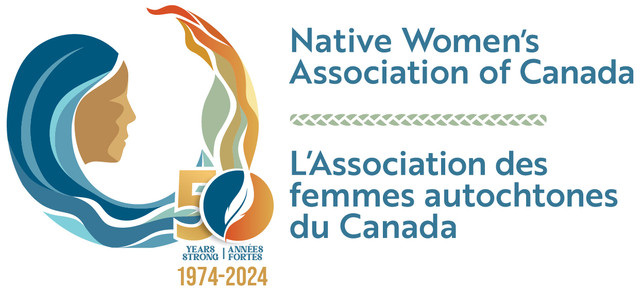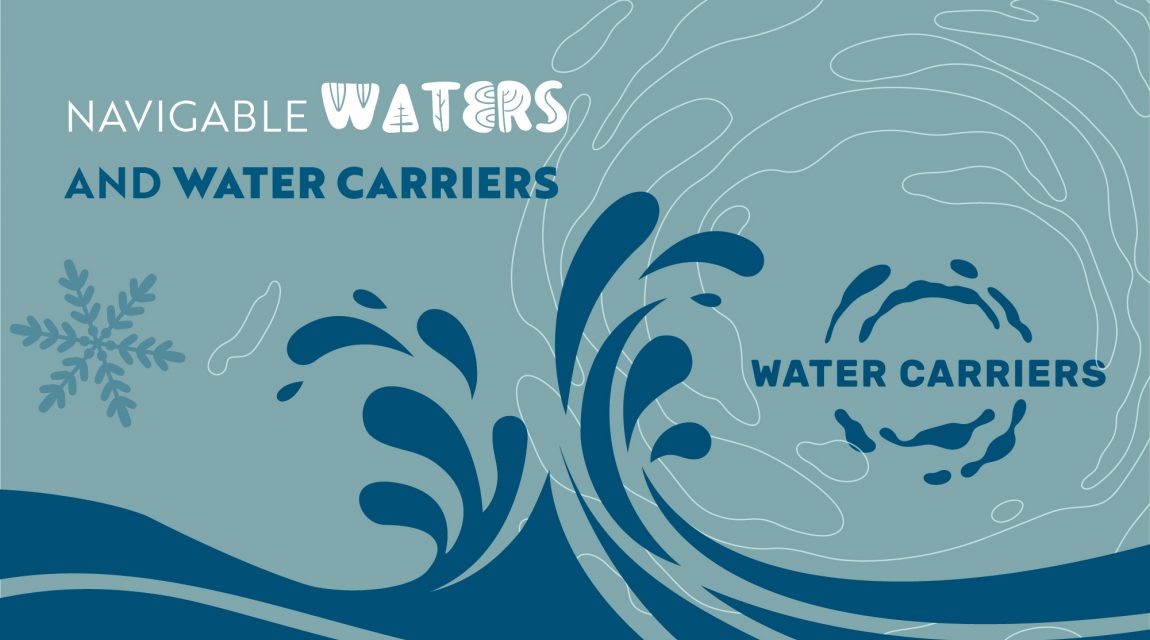Canadian Navigable Waters Act
The two-year project funded by Transport Canada on the Canadian Navigable Waters Act
has revealed some interesting insights from the perspectives of Indigenous women, girls, Two-Spirit, transgender, and gender-diverse people that Transport Canada can draw on in developing a proposed approach for adding a navigable waters schedule
to the Act.
NWAC’s recommendations to Transport Canada are as follows:
1. Navigable waters planning processes should adopt a whole of government participatory approach.
- Decisions should be based on the full consultation and involvement of government departments such as the Impact Assessment Agency, Environment and Climate Change Canada, and Department of Fisheries and Oceans.
2. Indigenous women, Two-Spirit, transgender, and gender-diverse people must be involved in the co-management of navigable waters, as navigable waters have multiple uses.
- Objectives and priorities for navigable waters should be established collaboratively with Indigenous women, Two-Spirit, transgender, and gender-diverse people in a manner that respects: the ecological potential and social needs of these constituents; the ecological integrity of the aquatic habitat; and the social expectations and demands for consumptive and non-consumptive values to Indigenous rights.
3. Centralize Indigenous knowledge in the shared decision-making process when developing and executing plans for navigable waters.
- Indigenous knowledge systems and Western science should be valued and respected equally, used to inform and complement one another, and integrated in a collaborative system of stewardship.
For more information on the Canadian Navigable Waters Act project, contact Vilbert Vabi, NWAC’s Senior Policy Advisor on the Environment, at vvabi@nwac.ca.
Water Carriers Phase 2
Since our last update, all Sharing Circles related to the Water Carriers Phase Two Project have been completed. We are now in the documentation and information dissemination phase.
The Sharing Circle sessions gave us significant insight, which will be used to empower Indigenous women, girls, Two-Spirit, transgender, and gender-diverse people on matters related to climate change and water security.
Key insights from the Sharing Circles are outlined below:
- Indigenous women’s groups are required in each community to influence decision-making on water-related issues.
- Education on the issues and possible practices for solutions are important for the long-term sustainability of water and the environment in Indigenous communities.
- Increased decision-making power should be provided to Indigenous communities on any developments near their community and reserve.
- Increased advocacy for the protection of water and the environment is required by Indigenous communities and their community members.
- Leadership roles should be increased for women in their communities such that their voices can be heard.
For more information on the Water Carriers Phase 2 project, contact Samiz Sunesara, NWAC’s Policy Officer on the Environment, at ssunesara@nwac.ca.

